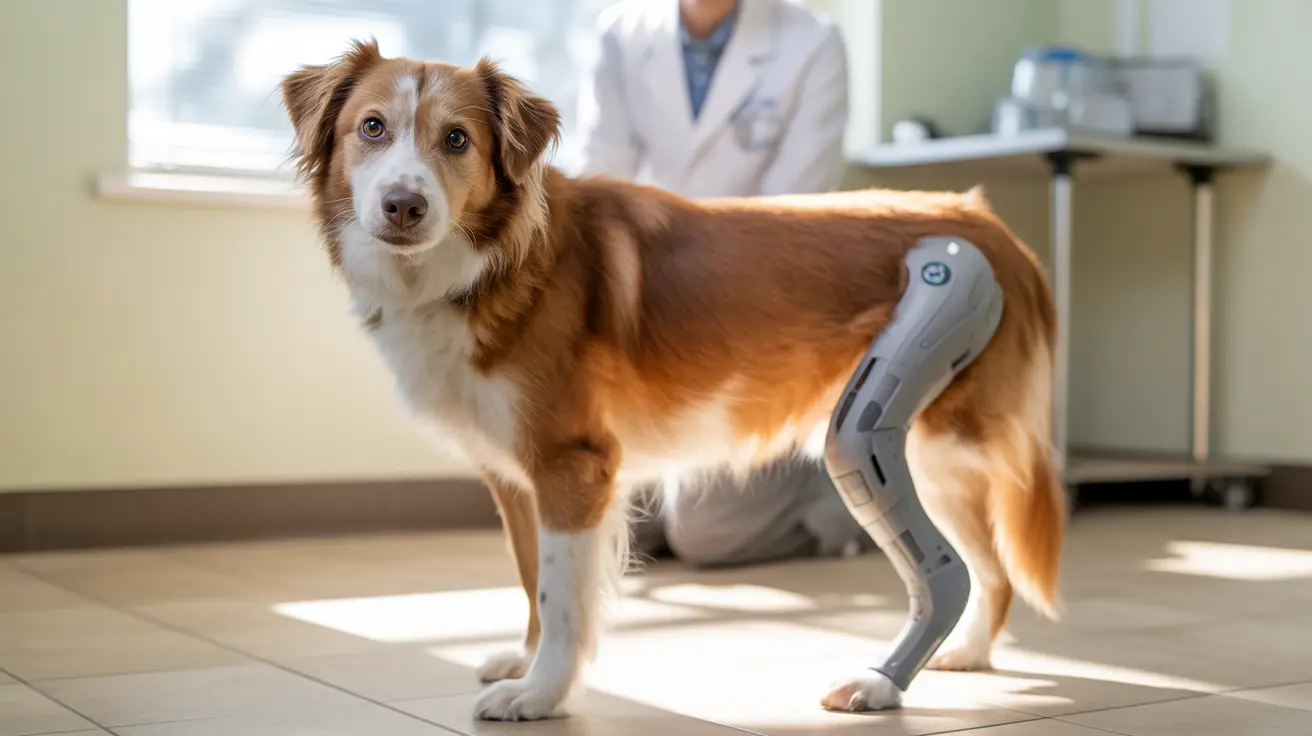When your dog develops high glucose levels, it can be a concerning health issue that requires immediate attention and proper management. Understanding the causes, recognizing the symptoms, and knowing the available treatment options are crucial for maintaining your pet's health and well-being.
In this comprehensive guide, we'll explore everything you need to know about high glucose in dogs, from common triggers to effective management strategies that can help your furry friend maintain stable blood sugar levels.
Understanding High Glucose in Dogs
High glucose in dogs, also known as hyperglycemia, occurs when blood sugar levels rise above normal ranges. While occasional spikes may be temporary and harmless, persistent elevation often indicates an underlying health condition that requires veterinary attention.
Common Causes of Canine Hyperglycemia
Several factors can contribute to elevated blood sugar levels in dogs:
Diabetes Mellitus
The most common cause of sustained high glucose in dogs is diabetes mellitus, where the body either doesn't produce enough insulin or can't utilize it effectively.
Hormonal Disorders
Conditions like Cushing's disease can increase cortisol levels, leading to insulin resistance and elevated blood sugar.
Other Medical Conditions
Infections, pancreatitis, and obesity can all contribute to high glucose levels in dogs.
Recognizing the Signs and Symptoms
Early detection of high glucose requires awareness of these common symptoms:
- Increased thirst and urination
- Sudden weight loss despite increased appetite
- Lethargy or decreased energy
- Recurring infections
- Cloudy eyes or cataract formation
- Changes in appetite
Diagnosis and Testing Procedures
Veterinarians use several methods to diagnose high glucose in dogs:
- Blood glucose testing
- Complete blood count (CBC)
- Urinalysis
- Comprehensive metabolic panel
- Fructosamine or glycated hemoglobin tests
Treatment and Management Strategies
Managing high glucose in dogs typically involves a multi-faceted approach:
Medical Management
Depending on the underlying cause, treatment may include insulin therapy, medication for hormonal disorders, or antibiotics for infections.
Dietary Changes
A balanced, veterinarian-approved diet helps maintain stable blood sugar levels. This often includes:
- Consistent meal timing
- Appropriate portion control
- Low-glycemic food options
- Limited treats and table scraps
Lifestyle Modifications
Regular exercise and weight management play crucial roles in controlling blood glucose levels.
Prevention and Long-term Care
Preventing complications from high glucose requires vigilant monitoring and consistent care:
- Regular veterinary check-ups
- Home glucose monitoring when recommended
- Maintaining a healthy weight
- Prompt treatment of any infections or underlying conditions
Frequently Asked Questions
What causes high glucose levels in dogs besides diabetes mellitus?
High glucose can be caused by infections, stress, certain medications (especially corticosteroids), pancreatitis, and hormonal disorders like Cushing's disease.
What are the most common symptoms of high blood sugar in dogs?
The most common symptoms include increased thirst and urination, unexpected weight loss, increased appetite, lethargy, recurring infections, and vision changes.
How is high glucose in dogs diagnosed and tested by veterinarians?
Veterinarians diagnose high glucose through blood tests, urinalysis, and comprehensive metabolic panels. They may also perform additional tests to identify underlying causes.
What home care and management strategies help control high blood sugar in dogs?
Effective home care includes consistent meal timing, appropriate diet, regular exercise, weight management, and monitoring blood glucose levels as directed by your veterinarian.
Can medications or stress cause temporary spikes in a dog's blood glucose?
Yes, certain medications (particularly corticosteroids) and stressful situations can cause temporary elevation in blood glucose levels. These spikes usually resolve once the triggering factor is removed.
Understanding and managing high glucose in dogs requires dedication and careful attention to your pet's health. With proper veterinary care, appropriate treatment, and consistent monitoring, many dogs with high glucose can maintain a good quality of life.






